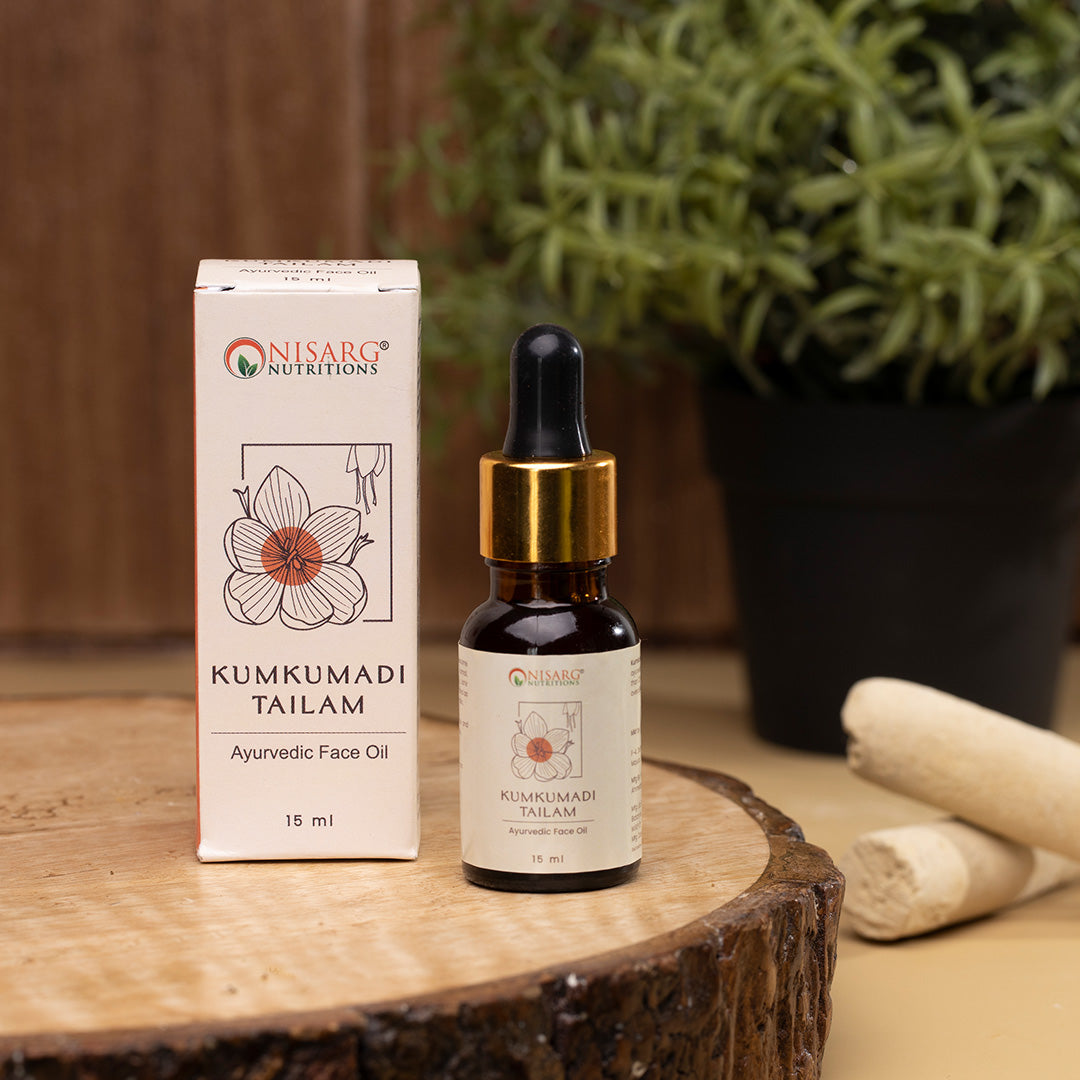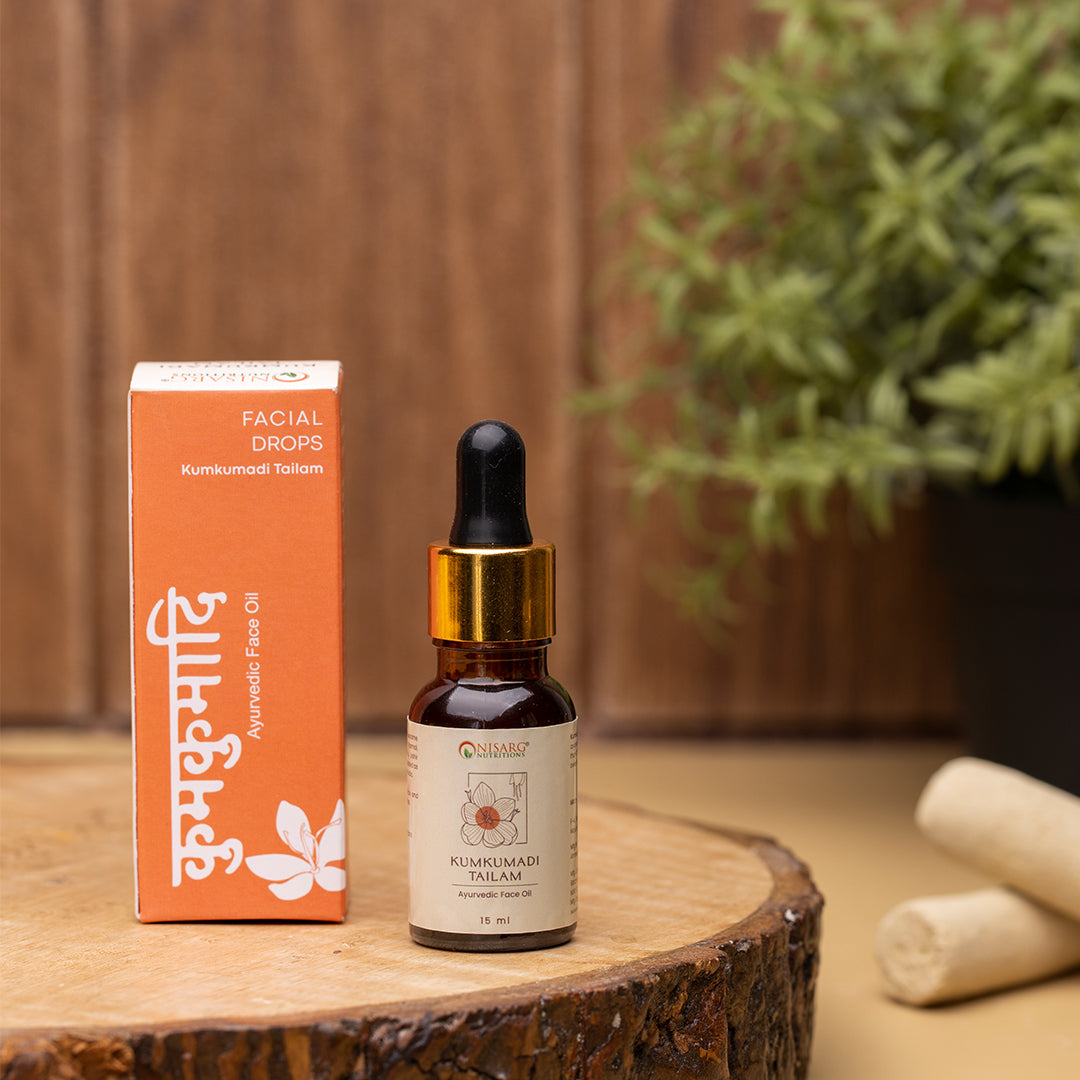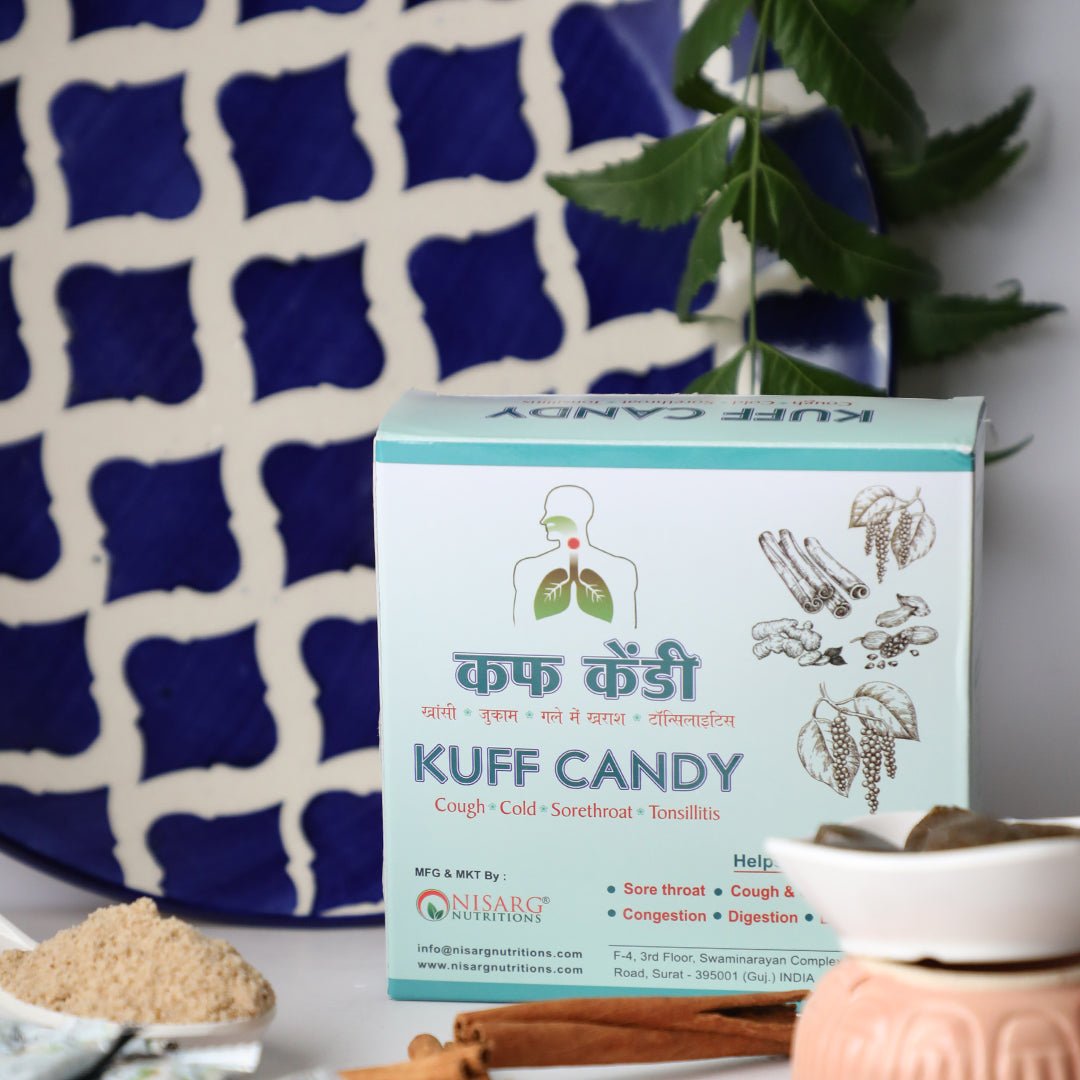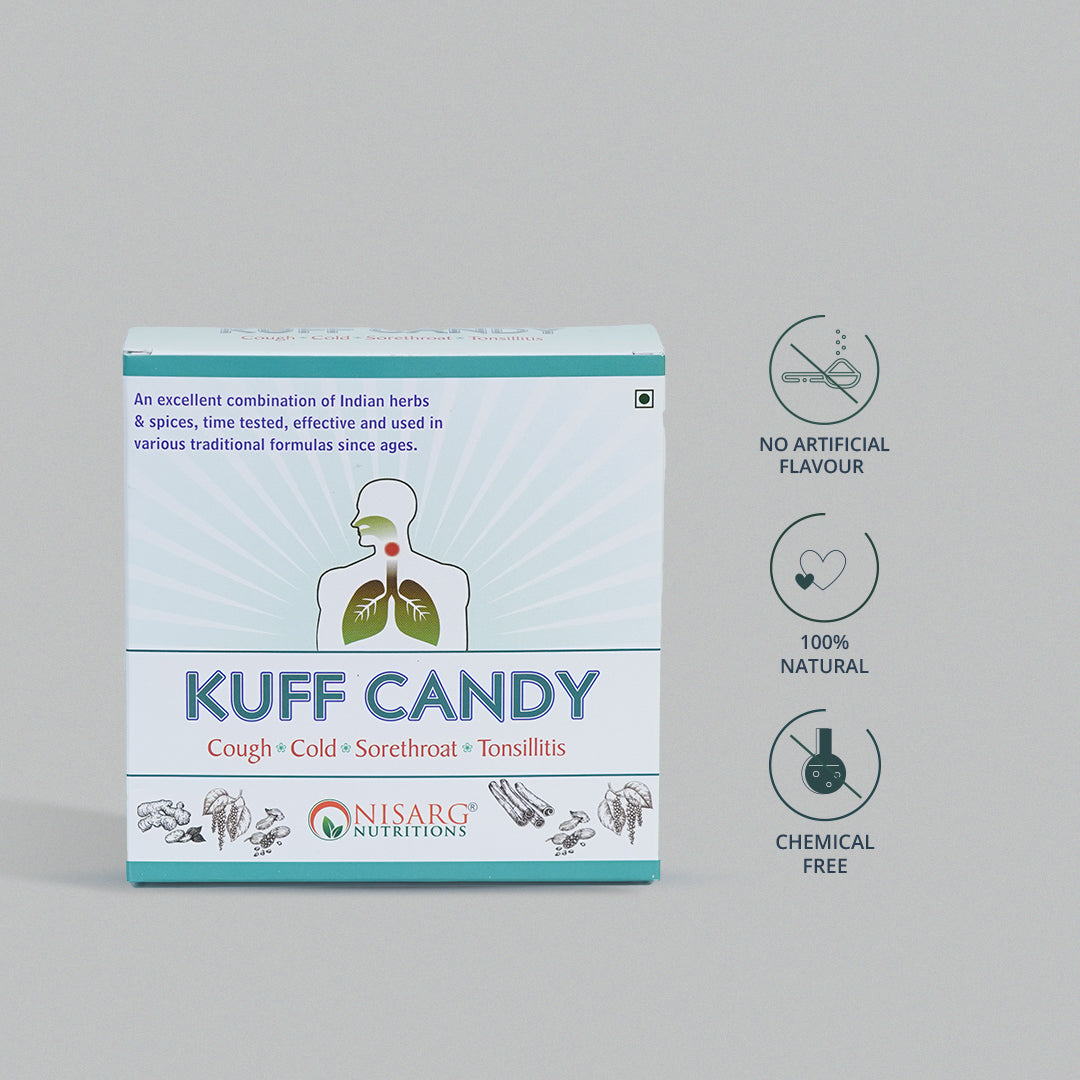After childbirth, women go through a plethora of social, psychological, and physiological changes. These include rapid changes in hormones, sleep cycles, worry about parenting, and changes in the body among others.
While it is natural to get overwhelmed by it all, it is essential to remember that this is also a time for nourishment for mothers. This is a time of deep connection, bonding, and total devotion toward themselves as well as their newborn. Let’s take a look at how to heal from childbirth and set yourself and your newborn on a path of health and balance in the future.
Ayurveda believes there are three doshas or life force energies – vata, pitta, and kapha, derived from the five elements. Vata is space and air, Pitta is fire and water and Kapha is earth and water. Each person naturally leans toward one dosha and this affects their body type, temperament, and health.
As per Ayurveda, after childbirth, your vata increases because of the now empty abdomen, loss of fluids and blood, and decreased energy, creating an imbalance in the body often leading to postpartum anxiety.
Ayurveda recommends that mothers eat well-balanced meals while minimizing foods that increase the Vata dosha as they can be difficult on their digestive systems. It is advisable to have fixed and regular timings for meals and to eat only as much as is satiating but does not cause a feeling of heaviness in the stomach. An Ayurvedic postpartum meal is served fresh and warm. It includes ingredients that are grounding, lubricating, and appropriately seasoned with digestive spices that help reduce Vata.
You can manage the numerous changes that have taken place in your body over the past nine months by eating the correct meals. After the birth of your child, it will help you restore your health and vitality by assisting your body in healing itself from the damage.
Immediately post delivery digestion is very weak. Hence, the diet should be a very slow progression of adding foods in complexity. Begin with light soups of water and mung dal, increasing the thickness of this soup. After a few days, root vegetables can be added. Followed by green vegetables are they are said to be harder to digest. Milk and dairy should be included last. Raab, a traditional porridge, made with Ragi is a great dietary supplement for new mothers.

In Ayurveda stanya (Breast milk) is formed from aahar rasa (digested food juice). Therefore, it is essential for the mother to recover and achieve good lactation. You won’t be able to properly care for your baby till that time.
It is important to note that healthy nutrition is crucial for women who are breastfeeding because the infant will absorb what the mother eats through her milk.
Here is a list of foods all ladies must gradually include in their post-delivery diet to restore their health and optimize lactation.
Dairy: A new mother should drink milk combined with Shatavari Kalpa/ pepper/ long pepper twice or thrice a day. She should also consume panchamrut.
Buttermilk combined with pimalmool (the piper longum root) is advised to be consumed every morning as it aids in regaining the old state of the uterus and abdominal circumference.
Dry fruits/Seeds: Consumption of good amounts of cashew, raisins, walnuts and almonds (soaked or ground with milk) is highly recommended as they help regain strength and provide important nutrients.

Vegetables: Beetroot, drumsticks, spinach, fenugreek leaves, bitter gourd, and bottle gourd must be consumed as they aid in correcting hormonal imbalances, providing immunity, and providing necessary nutrients to recovering new mothers.
Grains: The Atta for Rotis must be fortified with Shatavari. Shatavari is an effective adaptogen. It can bring the body back to a state of equilibrium by aiding in stress reduction and increasing milk supply based on the baby’s needs.
Besides this, new mothers must add Gud, Ghee, Shunth (dry ginger), and Ayurvedic medicines such as Jeerakadhyarista, Kwatha, Satavari Kalpa, Saubhagya Sunthipaka, Dashamool and Devadarvyadi to their diet.






